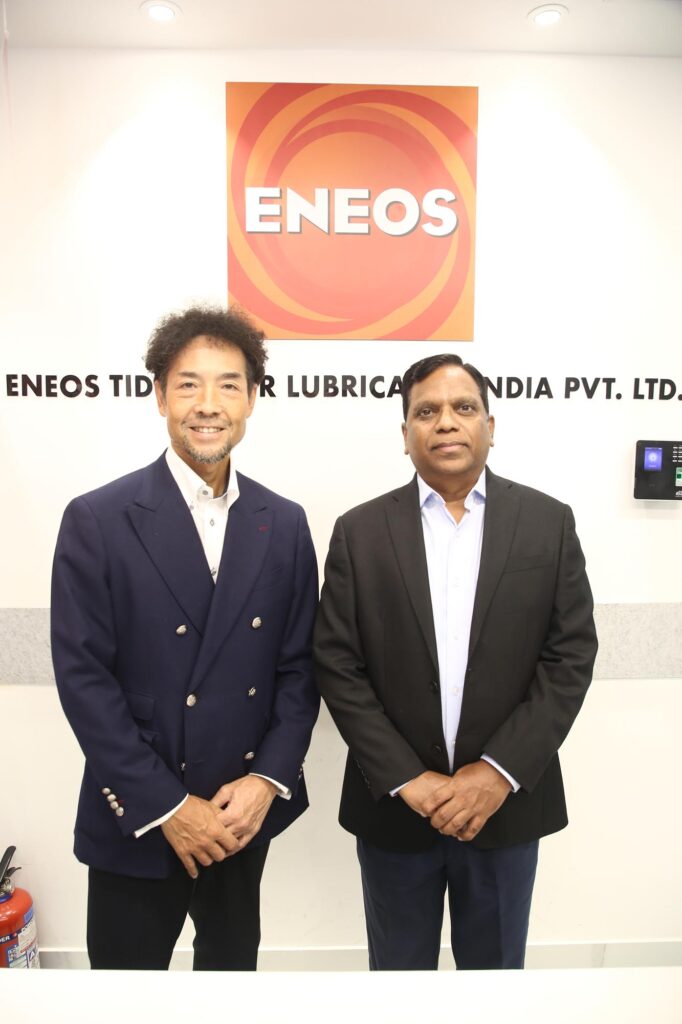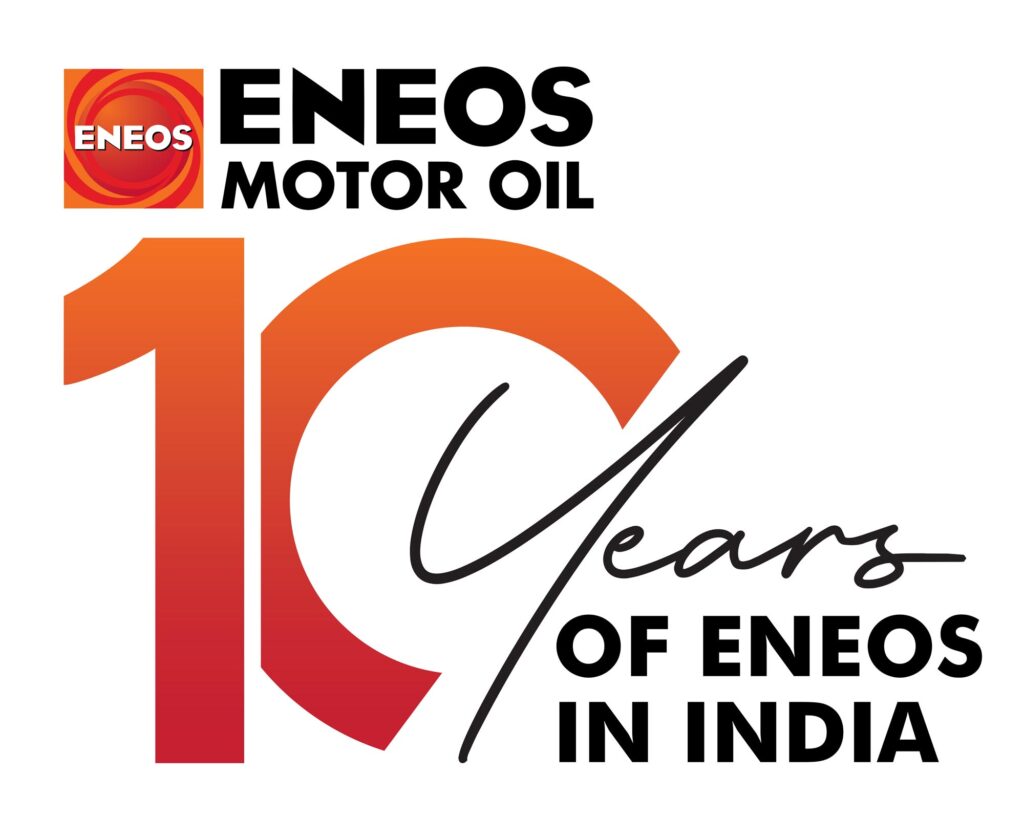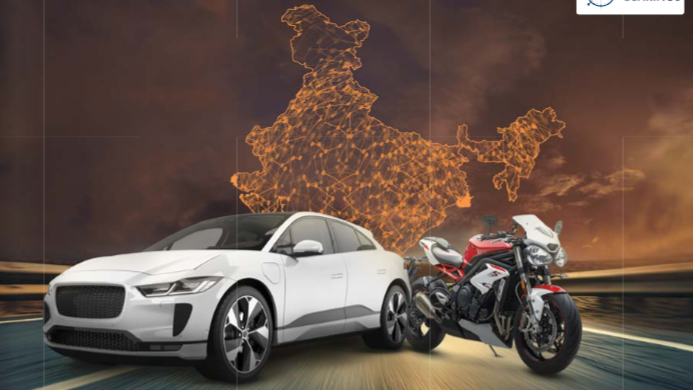
ENEOS Corporation, a global leader in the lubricant industry with over 135 years of experience in the fuel and energy sector, has marked a significant milestone in India. The company entered the Indian market through a joint venture with Veedol Corporation Limited (formerly Tide Water Oil Co. (India) Ltd.), forming ENEOS Tide Water Lubricants India Private Limited (ENEOS India). Known for its innovative approach and commitment to quality, ENEOS India has successfully combined advanced Japanese formulation technology with Veedol Corporation’s robust infrastructure, creating a stronghold in the Indian market. In this exclusive interview with N. Balasubramanian, Junichi Nakamura, Managing Director of ENEOS India, and G. Suresh Baskar, Executive Director of ENEOS India, discuss the company’s achievements, challenges, and future for the dynamic Indian market.
What was the strategic vision behind the merger of Veedol Corporation and ENEOS Corporation? How will this collaboration enhance ENEOS India offerings?
Junichi Nakamura: The joint venture brought together the complementary strengths of ENEOS Corporation’s cutting-edge Japanese formulation technology and Veedol Corporation’s strong infrastructure and supply chain. This strategic collaboration enables us to offer a wide range of high-performance products while ensuring robust market penetration and customer satisfaction. By combining our expertise, we’ve not only enhanced our product range but also established a distribution network that addresses the diverse needs of the Indian market. Our unwavering focus on quality and innovation continues to drive our success and sets us apart as a leader in the industry.

Congratulations on completing 10 years in India. How would you describe this journey, and what milestones stand out?
Suresh Baskar: Our journey in India began in 2014, and over the years, we’ve successfully positioned ENEOS as a trusted lubricant brand. Key milestones include our partnerships with major OEMs, which account for a significant portion of our revenue, as well as our recognition as one of the fastest-growing brands in both the automotive and industrial sectors. Despite challenges like the pandemic and fluctuating crude oil prices, our ability to adapt has been critical to sustaining growth. Globally, ENEOS is the top lubricant brand in Japan and maintains a strong presence across Southeast Asia, reaffirming our leadership in the industry.

How does ENEOS integrate the principles of ‘Monozukuri’ into its lubricant products, and how does it stand out globally?
Junichi Nakamura: The philosophy of ‘Monozukuri,’ or Japanese craftsmanship, is integral to our operations. This principle emphasizes meticulous attention to detail, reliability, and a commitment to customer satisfaction. At ENEOS, we integrate ‘Monozukuri’ into our product development processes, ensuring that our lubricants meet the highest standards of quality and performance. Additionally, our focus on sustainability and innovation ensures that we stay ahead of global competitors, delivering products that consistently exceed customer expectations.
Could you elaborate on your product portfolio and its distribution across different segments?
Suresh Baskar: Our product portfolio is designed to cater to diverse market needs, spanning automotive, OEM, and industrial segments. Automotive oils, for example, are engineered to enhance engine performance and vehicle longevity. Our OEM oils are co-developed with manufacturers, ensuring precision and alignment with specific engine requirements. For industrial applications, our range of lubricants enhances operational efficiency and reliability. The launch of our ENEOS X-Series reflects our commitment to staying ahead of market trends by introducing innovative products that address evolving customer demands. Each segment plays a critical role in our overall growth strategy, ensuring balanced contributions to our success.

What factors ensure strong relationships with OEMs, and how do you plan to sustain them?
Suresh Baskar: Delivering consistent product quality, staying responsive to OEM needs, and continuously innovating have been the pillars of our strong OEM relationships. By collaborating on product development and adhering to Japanese quality standards, we ensure these partnerships remain mutually beneficial.
Is your focus primarily on passenger cars and two-wheelers, or are you exploring other segments?
Suresh Baskar: While two-wheelers account for nearly 50% of our business, we also have a strong presence in the passenger vehicle and industrial sectors. Our collaboration with Honda for co-branded products highlights our ability to meet diverse customer needs. Beyond this, we are actively expanding into agriculture, construction equipment, and EV segments to address emerging market opportunities. This diversification aligns with our vision to serve a broader range of industries and reinforce our position as a comprehensive lubricant provider.
How does ENEOS India ensure product quality, cost competitiveness, and distribution across India?
Suresh Baskar: We operate four strategically located manufacturing facilities in Silvassa, Orgadam, Turbhe, and Faridabad, all approved by ENEOS Corporation. These facilities not only ensure uninterrupted production but also act as contingency resources, mitigating risks in case of disruptions. Our extensive distribution network, supported by multiple depots, allows us to efficiently deliver products across India, overcoming logistical challenges. By optimizing our supply chain and production processes, we maintain competitive pricing while upholding the high-quality standards expected from ENEOS India.
What challenges has ENEOS faced in India, and how have they been addressed?
Suresh Baskar: The fragmented nature of the Indian retail market and intense competition were among our initial challenges. To address these, we built a robust distribution network and tailored our advanced Japanese formulations for Indian conditions, ensuring superior performance even in diverse climates. Additionally, we’ve prioritized sustainability and compliance with regulatory changes, reinforcing our reputation as a responsible and forward-thinking industry leader.
India is a growing market amidst global economic uncertainty. What opportunities do you see, and how do you plan to leverage them?
Junichi Nakamura: India’s rapid automotive and industrial growth presents immense opportunities, particularly in the lubricant sector. The increasing demand for high-performance lubricants, driven by a focus on fuel efficiency and reduced emissions, aligns perfectly with ENEOS’s advanced offerings. By strengthening our partnerships and expanding our distribution network, we aim to capitalize on these opportunities.
Suresh Baskar: The lubricant market in India is expected to grow at 4.5% annually over the next five years. We are committed to introducing advanced solutions for modern engines and tapping into the growing EV and industrial segments. Sustainability remains a key focus, and we are investing in eco-friendly lubricants to meet stricter emission standards.
How strong is ENEOS’s presence in the Indian aftermarket, and what are your expansion plans?
Suresh Baskar: Our aftermarket segment is growing at an impressive rate of 40% annually. This growth is supported by a strong network of channel partners, which has been instrumental in expanding our reach. Moving forward, we plan to deepen market penetration by enhancing collaborations, investing in targeted marketing efforts, and building customer loyalty through innovative engagement initiatives.
How do you envision the lubricant industry evolving, and what role will ENEOS India play?
Junichi Nakamura: The lubricant industry is poised for significant transformation, driven by trends like reduced sump sizes, fuel efficiency, and the rise of EVs. ENEOS India is actively developing advanced solutions for these evolving needs, ensuring we remain a trusted partner for traditional and emerging technologies.
What are ENEOS’s growth targets for the current financial year and 2030?
Suresh Baskar: For the current financial year, we aim for a 10% overall growth and a 50% increase in the aftermarket segment. By 2030, our goal is to double our current volumes, driven by strategic investments in innovation, manufacturing, and market expansion. We will also focus on enhancing customer engagement and strengthening our presence in emerging sectors to achieve these ambitious targets.